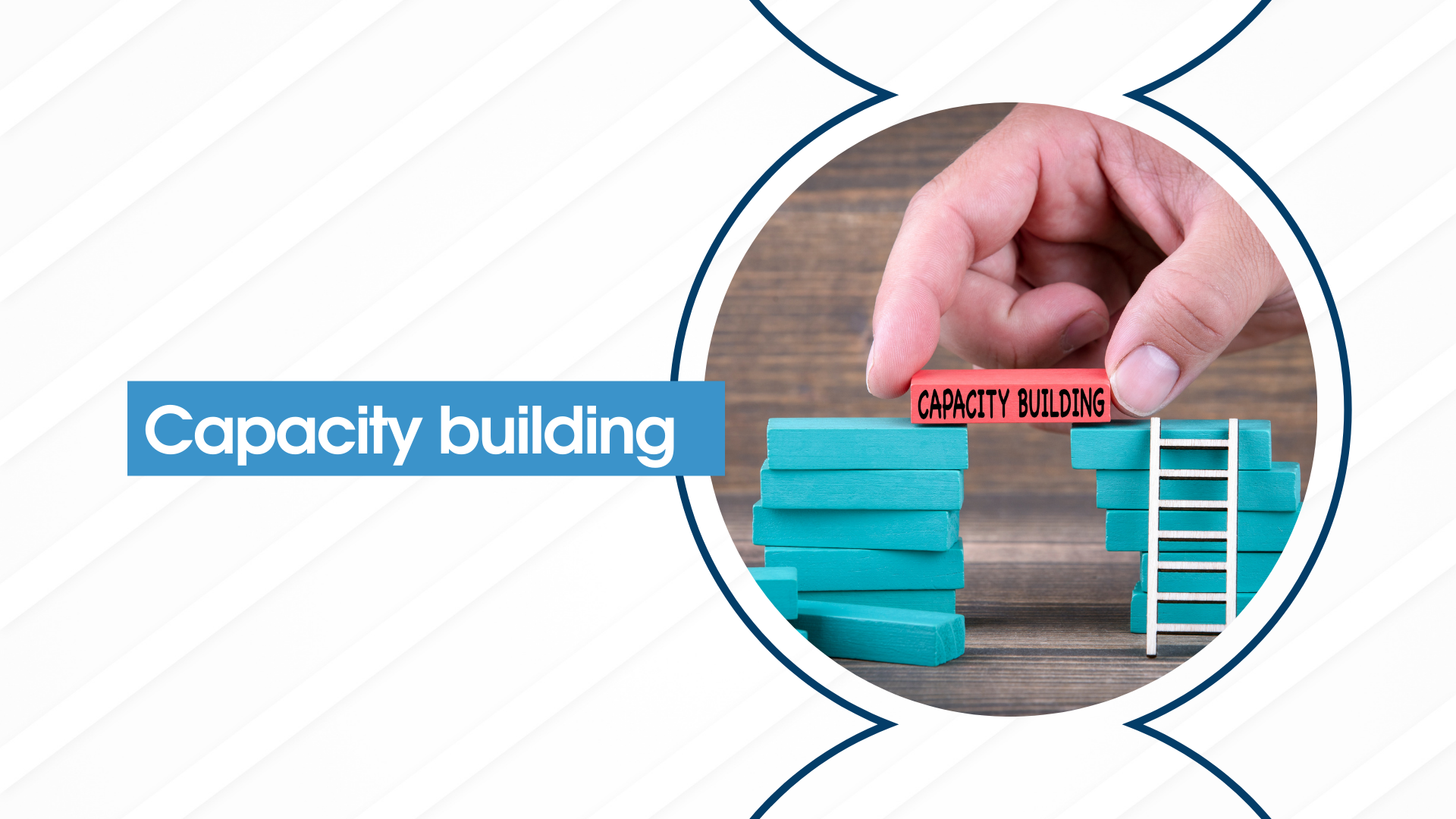
CERTIFICATE PROGRAM
ABOUT THE TRAINING PROGRAM
Cognizant of the top-down approach of implementing school reforms where teachers are considered as mere implementers of the intended curriculum, this certificate program shall address what Hess (2009) considered as the on-going transformation of society towards more ideal democracy, devoid of actual and real societal conditions. The school’s tendency to emphasize what is more ideal creates a disconnect between what students are supposed to learn and what they actually experience in their respective communities. Addressing this educational dilemma calls for a renewed perspective of who teachers are and what teachers can do. This entails a kind of dynamic professional preparation where they exercise a wider latitude of autonomy and professional judgment in terms of closing the gap between the ideal and actual democracy. Additionally, teachers must have extensive knowledge about the social and political contexts in which they work including the ‘funds of knowledge’ apart from teaching and management skills (Gonzales et al., 2005 as cited by Zeichner, 2014). The extent to which this expectation of teachers depends on the level of their agency.
Biesta and associates (2015) succinctly defined teacher agency as the quality of actors’ engagement with contexts-for-action, and the quality of how actors enact these contexts. While there are theoretical approaches to teacher agency – sociological, socio-cultural and pragmatic, the capacity-building program shall proceed from the latter wherein teacher agency is described as an active engagement of teachers in their environment (Leijen et al., 2019). As such, it takes into consideration the social and cultural (Emirbayer & Mische, 1998) and material (Priestley et al., 2015) contexts that influence teachers’ pedagogical approaches in teaching controversial issues. Inevitably, teachers especially of social studies subjects, would have to deal with controversial issues that relate to society and students’ personal interests; however perceived consequences limit and hinder them (Byford et al., 2009). This is where Emirbayer and Mische’s (1998) practical-evaluative teacher agency operates as teachers make decisions in response to the demands of the K to 12 program, their instructional dilemmas and ambiguities surrounding the teaching of controversial issues.
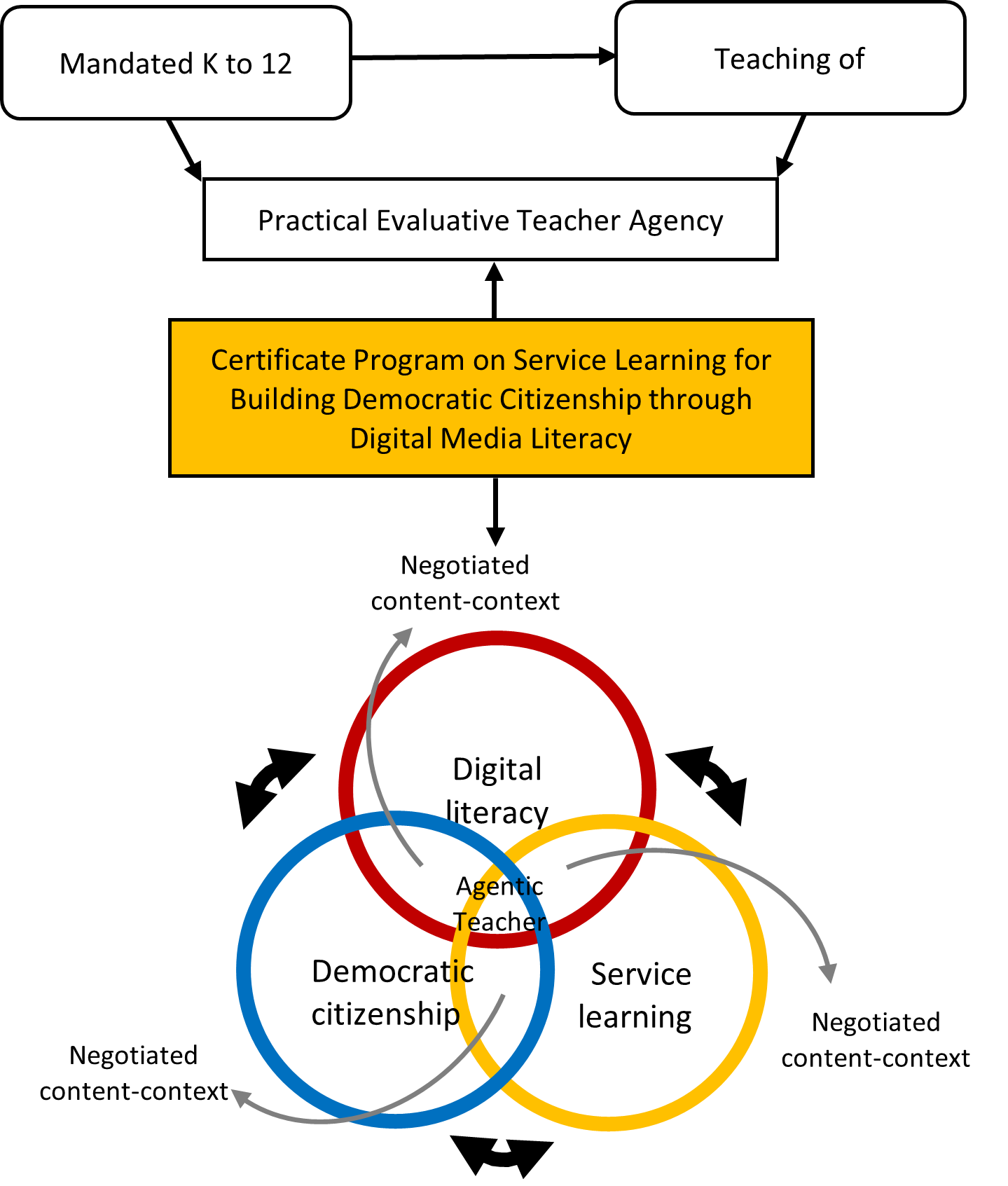
This certificate program aims to develop teachers’ practical-evaluative teacher agency, supported by Lam and associates’ (2013) view that teachers play a key role in the successful implementation of curriculum change as well as Pace’s notion of contained risk-taking where teachers create a good balance between openness and safety when teaching democratic principles in the context of controversial issues.
DEMOCRACY MENTORS
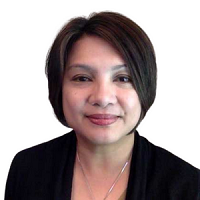
THERESA ALVIAR-MARTIN, PhD
Associate Professor
Bagwell College of Education
Kennesaw University
Georgia, United States of America
Dr. Theresa Alviar-Martin is an Associate Professor of Curriculum and Instruction at Kennesaw State University’s Bagwell College of Education. Her scholarship examines citizenship education in culturally diverse democracies from global and comparative perspectives. She is interested specifically in intersections of global citizenship and education, which stems from her experience working as an ESOL teacher in a refugee camp in the Philippines, and as a primary teacher in internationals schools in Manila, Bangkok, and Hong Kong. Prior to joining KSU, she held appointments as assistant professor at the National Institute of Education (NIE Singapore) and the Education University of Hong Kong (formerly Hong Kong Institute of Education).
She serves as editorial board member for Theory and Research in Social Education, the journal of the US National Council for the Social Studies’ College and University Faculty Assembly. Her writing has appeared in several academic books and peer-reviewed journals, including Education Policy Analysis Archives, Journal of Education, the Journal of Educational Research, Teachers College Record, Teaching and Teacher Education, and Theory & Research in Social Education. Her most recent publications include chapters in the Palgrave Handbook of Global Citizenship and Education (2018), the Routledge International Handbook of Schools and Schooling in Asia (2018), and Education for a Globalizing Asia: Challenges and Opportunities (Ateneo University Press,2019).
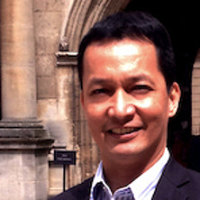
VICENTE CHUA REYES, JR., PhD
Associate Professor
Centre for Research in Educational Leadership and Management (CRELM)
University of Nottingham
United Kingdom
Dr. Vicente Chua Reyes, Jr. is Associate Professor with the Centre for Research in Educational Leadership and Management (CRELM), University of Nottingham. He is also an Hon Associate Professor with the School of Education, University of Queensland, Australia. He is co-editor of the Policy and Leadership Studies Working Papers Series of the National Institute of Education (Singapore). He is a Fellow of the Centre for Chinese Studies of the Republic of China (Taiwan), the National Taiwan Normal University and the University of Macau (China). He is also a Visiting Academic at the Institute of Education, University of London. Vicente has experience in educational settings spanning Australia, Singapore, the Philippines, Indonesia, Spain, Italy, the UK and the US. Vicente used to be a Teaching/School Principal for an elementary and high school in the Western Visayas region of the Philippines. Vicente taught humanities in high school (Philippines and Singapore) and in elementary school levels (Philippines and Spain). Trained as a political scientist, his current research interests are in comparative education. Vicente also pursues inquiries into the application of Information Communication Technology (ICT) in education, educational leadership, research methodologies as well as investigating the phenomenon of corruption alongside governance in educational reform.
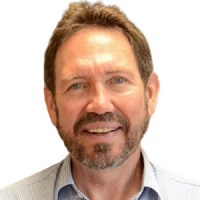
MARK CHARLES BAILDON, PhD
Associate Professor
Associate Dean, Partnerships and Analytics, OER
Office of Education Research (OER), Humanities & Social Studies Education
National Institute of Education, Singapore
Dr. Mark Baildon is Associate Dean, Partnerships and Analytics, OER, National Institute of Education, Nanyang Technological University. He is also Associate Professor in Humanities and Social Studies Education. He received his B.A. in history and psychology at the University of Rochester and a Masters in Social Sciences at Syracuse University. His PhD is in Curriculum, Teaching, and Educational Policy from Michigan State University. Prior to joining NIE, Mark taught social studies in secondary schools in the United States, Israel, Singapore, Saudi Arabia, and Taiwan. His scholarly interests focus on ways to support social studies inquiry practices, global citizenship education and 21st century literacies in new global contexts. At Indiana University, he helped create and develop the Critical Web Reader (CWR). He has also served as PI or Co-PI on projects that have developed the Sustainability Learning Lab, the Historian’s Lab, and investigated global citizenship education in the global cities of Hong Kong, Singapore and New York. He has published two books: Social Studies as New Literacies in a Global Society: Relational Cosmopolitanism in the Classroom (with James Damico; Routledge, 2011) and Controversial History Education in Asian Contexts (co-editor; Routledge, 2013). Mark has also published in the Cambridge Journal of Education, Curriculum Inquiry, Education Policy Analysis Archives, Journal of Adolescent & Adult Literacy, Teaching and Teacher Education, and Compare. He is editor of HSSE Online: Research and Practice in Humanities & Social Studies Education, and serves on the editorial boards of Theory & Research in Social Education and the Asia-Pacific Journal of Education.
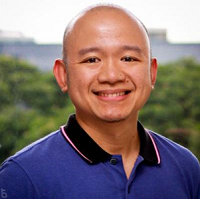
ENRIQUE NIÑO LEVISTE, PhD
Associate Director for Research, Institute of Philippine Culture
Department of Sociology and Anthropology
Ateneo de Manila University
Philippines
Dr. Enrique Niño Leviste is the Associate Director for Research of the Institute of Philippine Culture of the Ateneo de Manila University. He obtained his PhD in Sociology from the University of Singapore. He
specializes in political sociology, sociology of education, social reproduction in education and academic differentiation, democratization in Southeast Asia (special focus on the Philippines and Singapore).
DIGITAL LITERACY COACHES
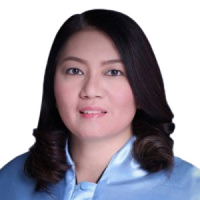
ASST. PROF. ANNA CHERYLLE M. RAMOS, MS
Director,
UST Educational
Technology Center
President, Philippine eLearning Society
Faculty member, College of Education
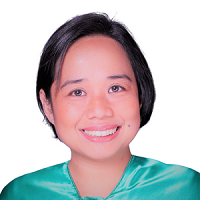
ASST. PROF. APRIL JOY M. GASCON, MA
Assistant Director,
UST Educational Technology Center
Faculty member, College of Nursing
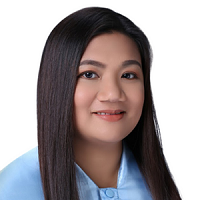
MS. CRISTINE ROSE S. VERSALES, MSPT
e-Learning Specialist
Faculty member, College of Rehabilitation Sciences
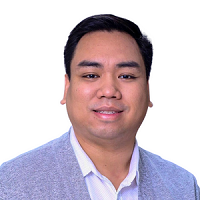
MR. SHANE ALEXANDER Y. LAONG, MLT
e-Learning Specialist
Senior High School Department
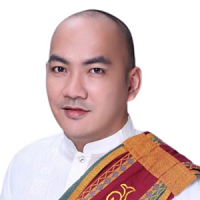
ASST. PROF. XANDRO ALEXI A. NIETO
eLearning Specialist
Faculty member, UST College of Science
TRAINING PARTICIPANTS
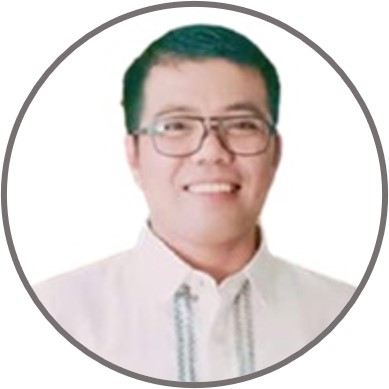
JORGE M. BATHAN
Quisao National High School
Rizal
CALABARZON
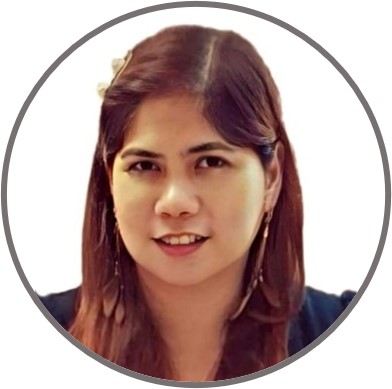
ANGELICA M. BURAYAG
DepEd Regional Office III
Pampanga
Region III
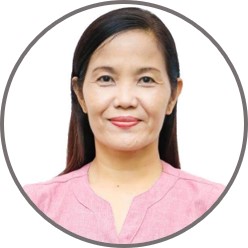
LUNINGNING T. DIONES
Parañaque National High School-Main
National Capital Region
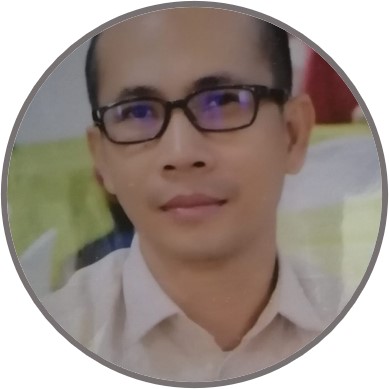
MAXIMO R. EMBODO
Tacul Agricultural High School
Davao del Sur
Region XI
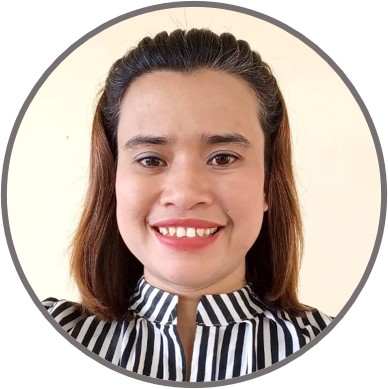
Ma. Andrea P. Fabillon
Cong. Ramon A. Arnaldo High School, Roxas City
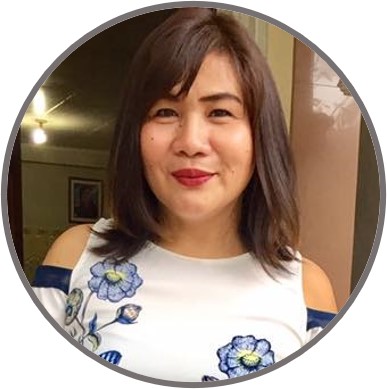
DOLYNESSA J. GALEON
Agusan National High School
Butuan City
Region XIII
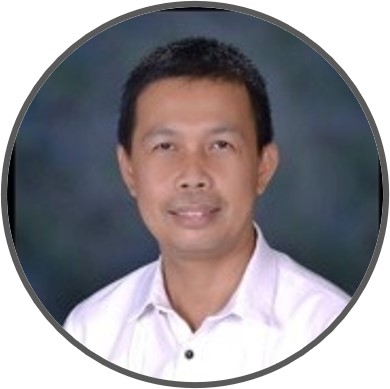
MANUEL R. HIDALGO
Pila Senior High School
Laguna
CALABARZON
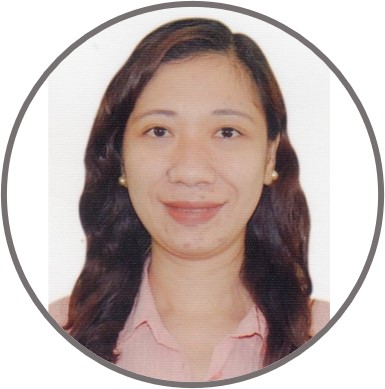
JENNY C. MANGAWANG
City of Balanga National High School
Bataan
Region III
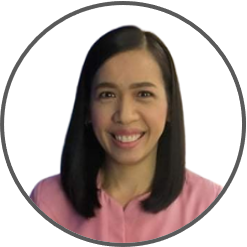
CHERRY GIL J. MENDOZA
Parañaque National High School Main
National Capital Region
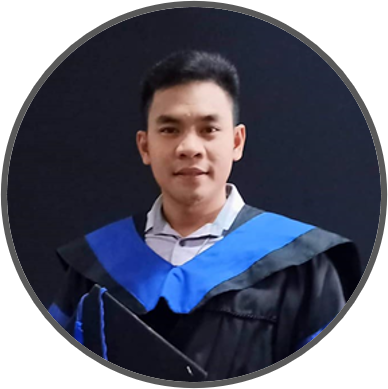
JOHN PAUL C. PAJE
Naugsol Integrated School
Zambales
Region III
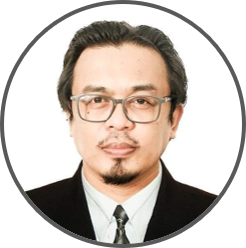
FABIE M. PASILAN
Aplaya National High School
Laguna
CALABARZON
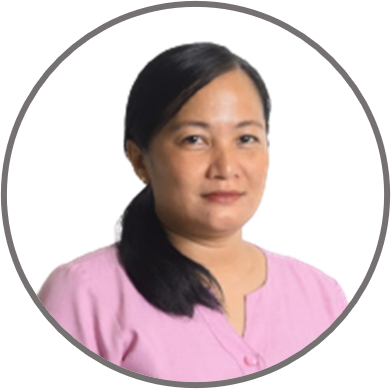
ROWENA O. TOLENTINO
San Jose City National High School
Nueva Ecija
Region III
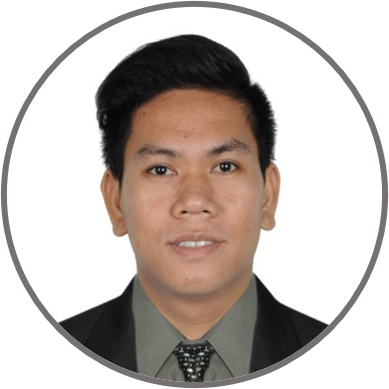
LENARD C. TULOD
Ninoy Aquino Senior High School
Malabon
National Capital Region
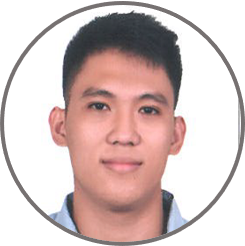
JOSEPH EARVEN C. VALDESIMO
Vinapor National High School, Agusan del Norte

JACQUELINE B. VIDAL
Agusan National High School
Butuan City
Region XIII
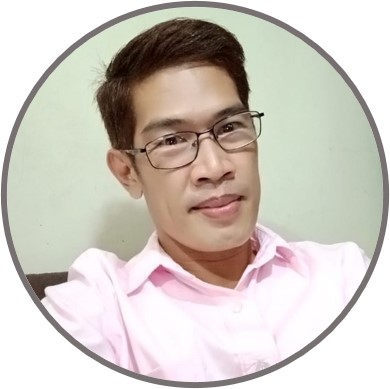
FERDINAND M. VILLANUEVA
Capas National High School
Tarlac
Region III
INSTRUCTIONAL PLANS
Controversial issue: Graft and Corruption
Prepared by:
Mr. Jorge M. Bathan
Quisao Integrated National High School, Rizal
Controversial issue: Early Sexual Encounters
Prepared by:
Ms. Angelica M. Burayag
DepEd Regional Office III
Controversial issue: Poverty
Prepared by:
Ms. Luningning T. Diones
Parañaque National High School Main
Controversial issue: War on Drugs
Prepared by:
Mr. Maximo R. Embodo
Tacul Agricultural High School, Davao del Sur
Controversial issue: Women’s Role
Prepared by:
Ms. Ma. Andrea P. Fabillon
Cong. Ramon A. Arnaldo High School, Roxas City
Controversial issue: Cultural Imperialism
Prepared by:
Mr. Manuel R. Hidalgo
Pila Senior High School, Laguna
Controversial issue: Rights of Indigenous Peoples
Prepared by:
Ms. Jenny C. Mangawang
City of Balanga National High School, Bataan
Controversial issue: Discrimination and Violence Against Women
Prepared by:
Ms. Cherry Gil J. Mendoza
Parañaque National High School Main
Controversial issue: Graft and Corruption
Prepared by:
Mr. John Paul C. Paje
Naugsol Integrated School, Zambales
Controversial issue: Threats to Freedom of Expression
Prepared by:
Mr. Fabie M. Pasilan
Aplaya National High School, Laguna
Controversial issue: Role of Citizens in Good Governance
Prepared by:
Ms. Rowena O. Tolentino
San Jose City National High School, Nueva Ecija
Controversial issue: Teenage Pregnancy
Prepared by:
Mr. Lenard C. Tulod
Ninoy Aquino Senior High School, Malabon
Controversial issue: Marcos Dictatorship
Prepared by:
Mr. Joseph Earven C. Valdesimo
Vinapor National High School, Agusan del Norte
Controversial issue: Climate Change
Grade level: 10
Prepared by:
Mr. Ferdinand M. Villanueva
Capas National High School, Tarlac
Program Testimonies
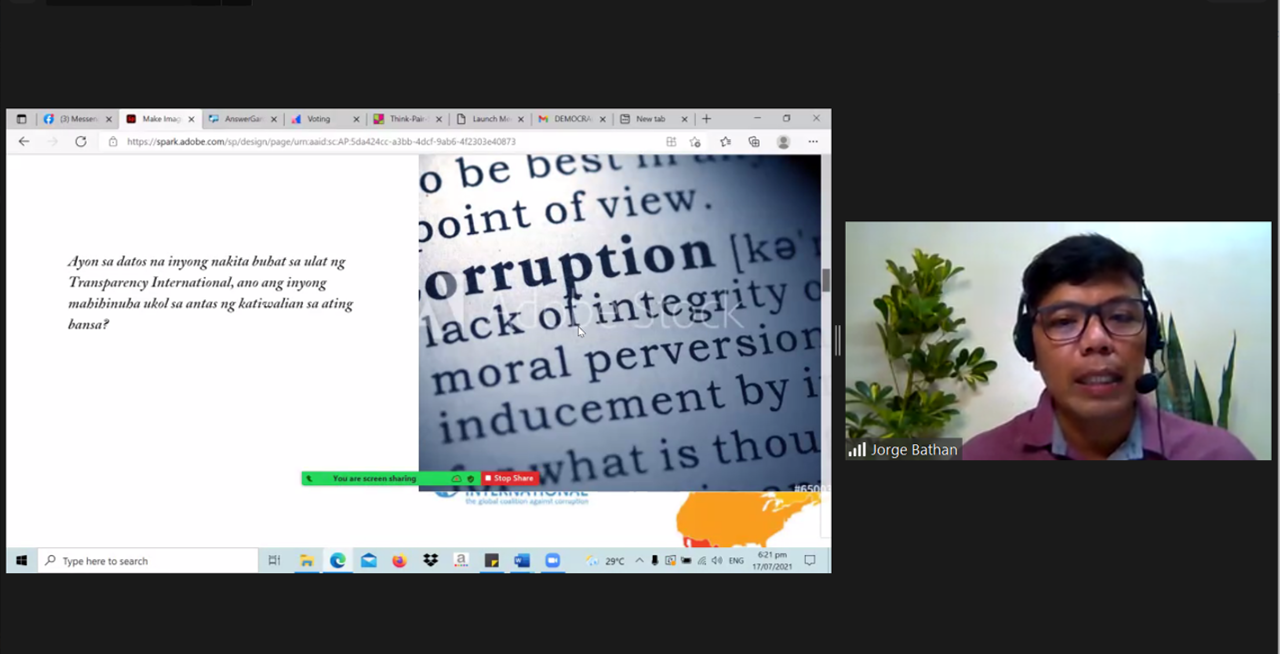
“Thank you for this wonderful learning journey. In the future, I plan to delve deeper in teaching controversial public issues and employ the service learning approach of exposing my students in real-life scenarios; thus, they will learn practically from their own experiences.”
Jorge M. Bathan Quisao Integrated National High School, Rizal
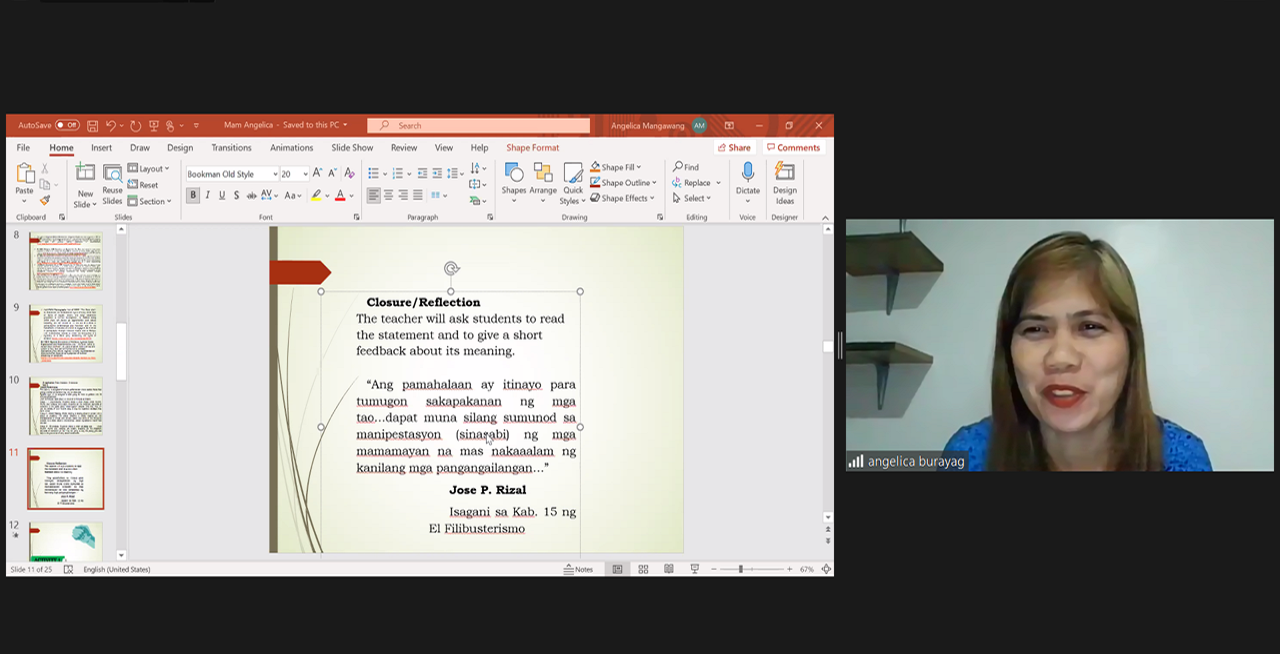
“Let us transform fear into freedom. Let us teach our learners on the controversial issues that we are facing in our country. Let us start the young minds to have a freedom of their expression of their daily lives through education. Let us hear the voices of our young generation for us to produce a leader in our country who would embrace the true meaning of democracy.”
Angelica M. Burayag, PhD
DepEd Regional Office III
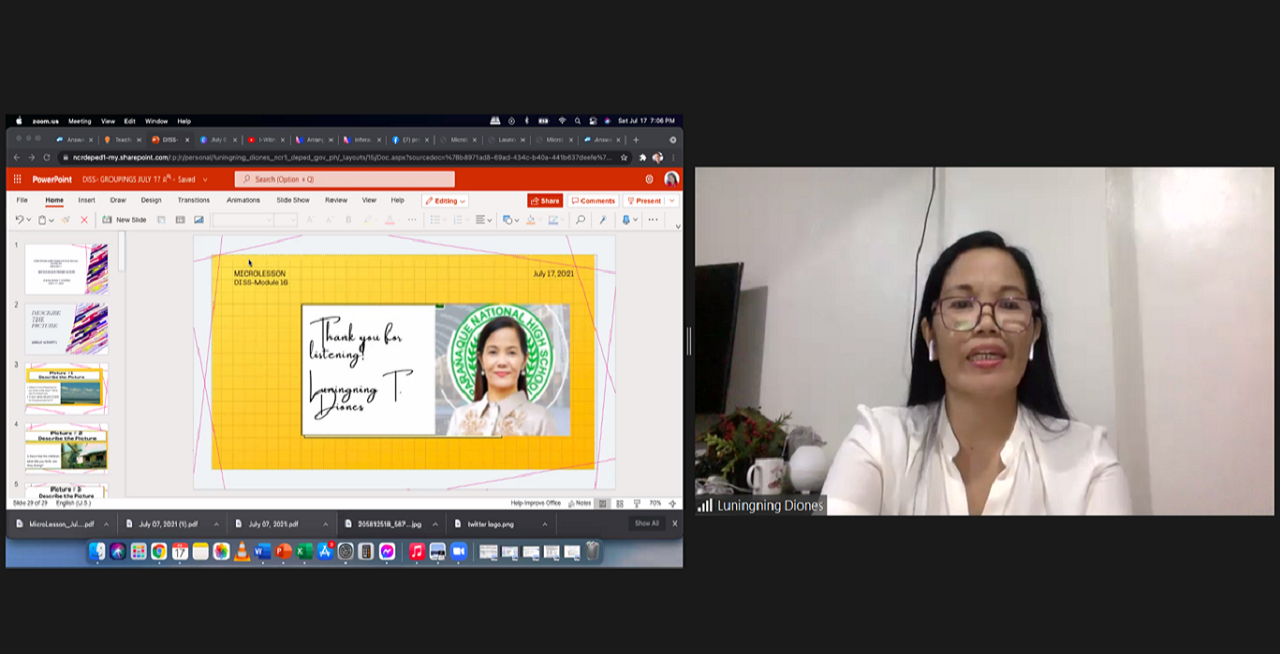
“I will reread the articles given to us during our sessions and will share them with my mentees. Such learnings are discourses about democracy, global citizenship, communication, and human rights. I will also continue teaching controversial issues in a safe and inviting environment.”
Luningning T. Diones
Parañaque National High School Main
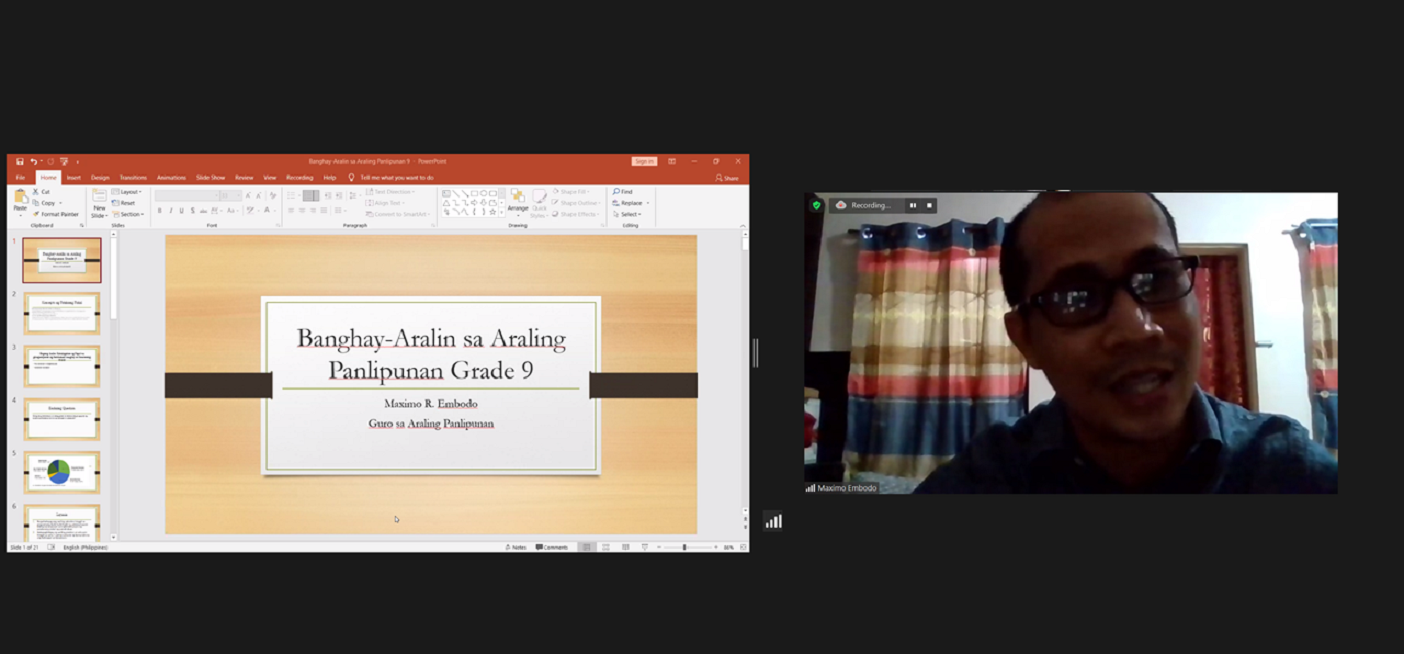
“Teaching controversial issues in schools promotes democratic atmosphere, which fosters freedom of expression and celebrate differences respected by all. My journey is compared to a pencil who underwent tremendous sharpening.”
Maximo R. Embodo Tacul Agricultural High School, Davao del Sur
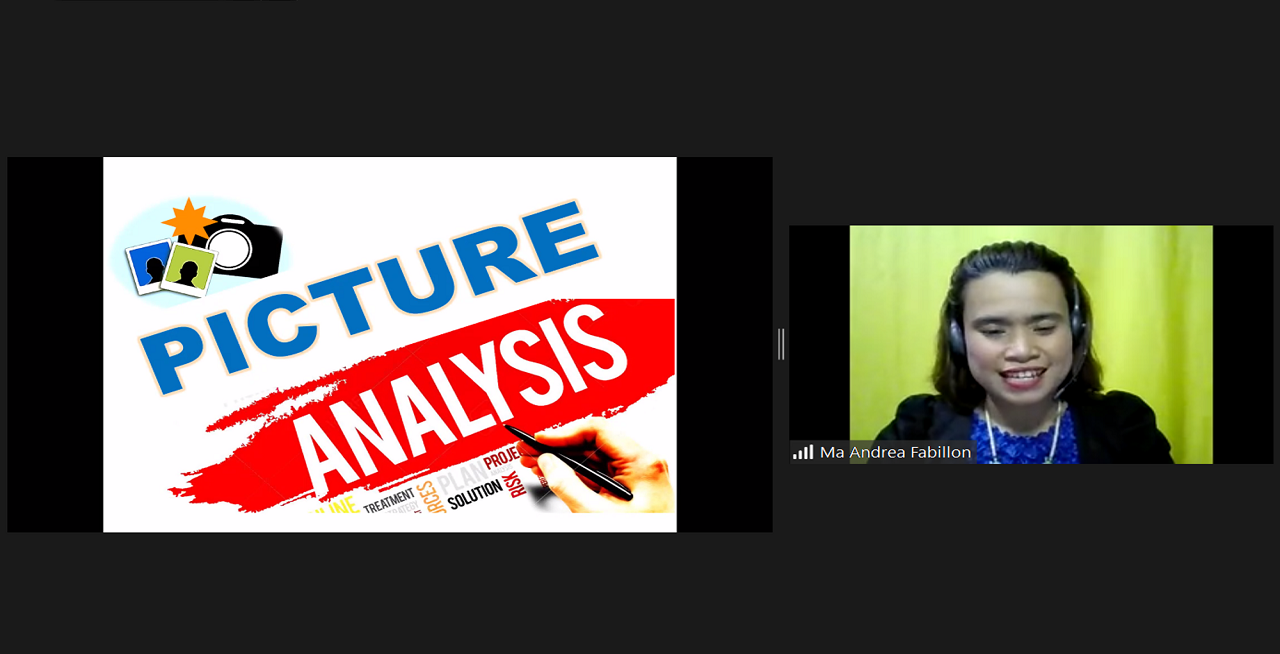
“As a teacher, it is helpful to consider a variety of perspectives on teaching controversial issues when reflecting on how I will deliver lessons of different issues in the classroom.”
Andrea P. Fabillon
Cong. Ramon A. Arnaldo High School, Roxas City
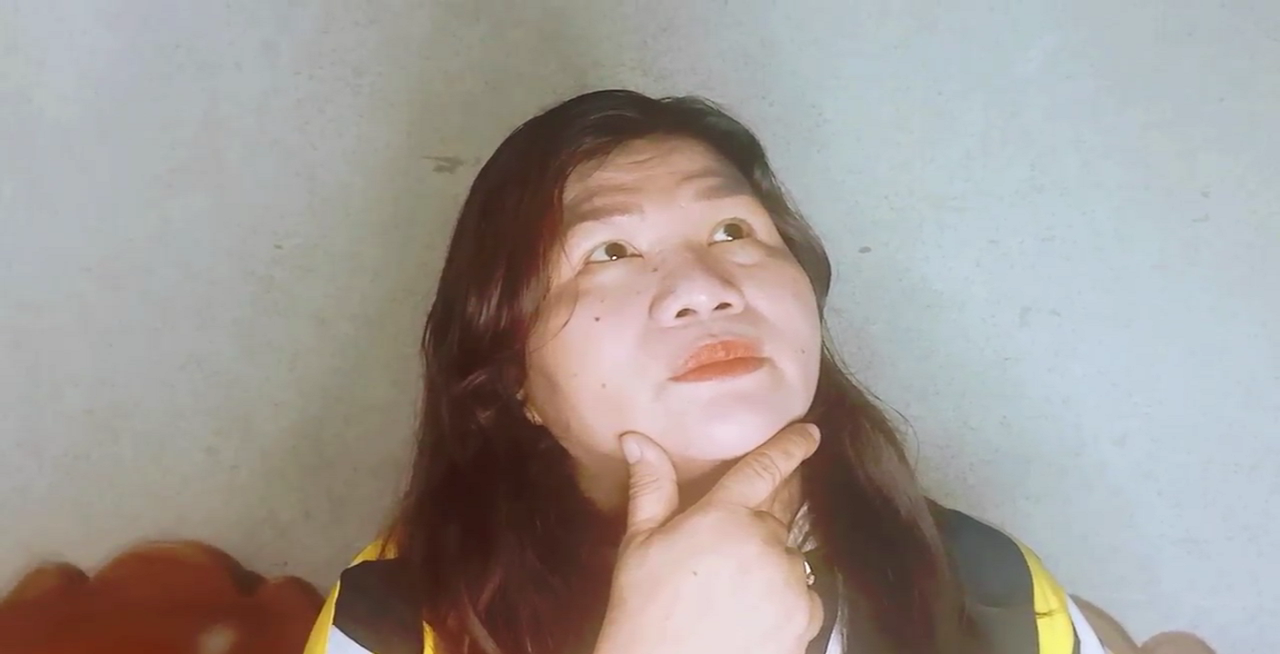
“The crafting, development and presentation of my instructional plan during the synergy and demonstration teaching was made possible of the safe, virtual environment created by our mentors. Moreover, their constructive feedback provided me an opportunity to improve my teaching skills and my critical stance toward controversial public issues.”
Dolynessa J. Galeon
Agusan National High School, Butuan City
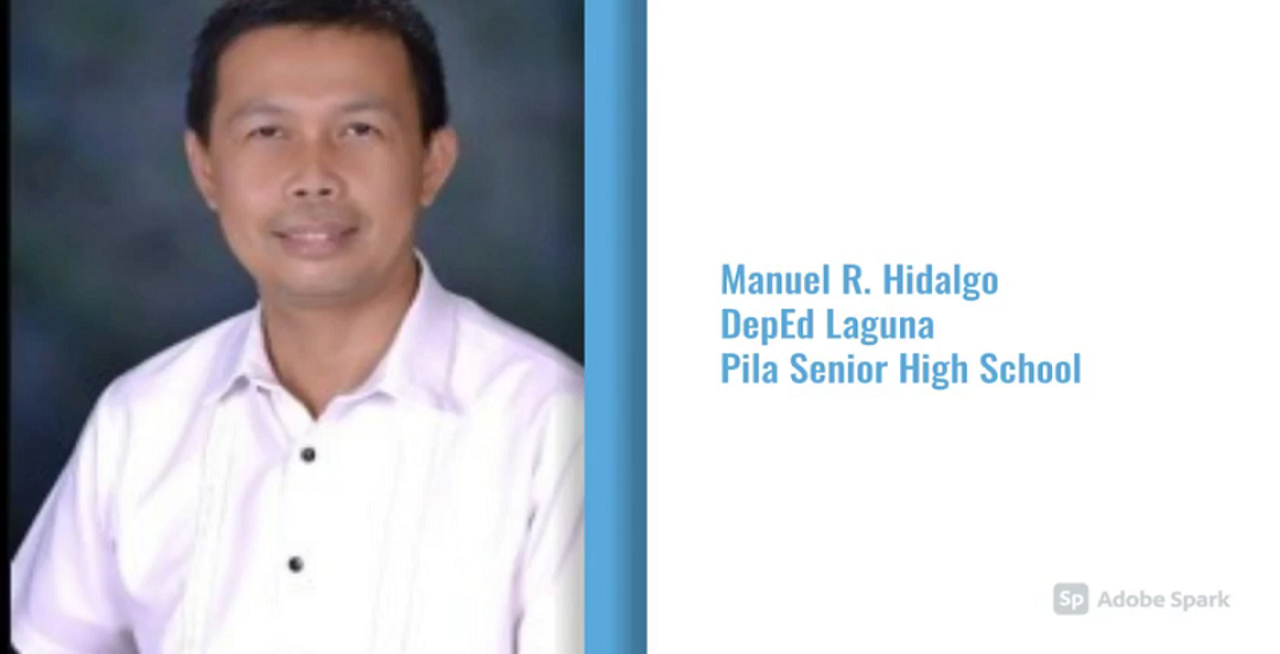
“I know that learning should not be scripted but we have to execute them in a manner relative to what we have stated in our objectives.”
Manuel R. Hidalgo
Pila Senior High School, Laguna
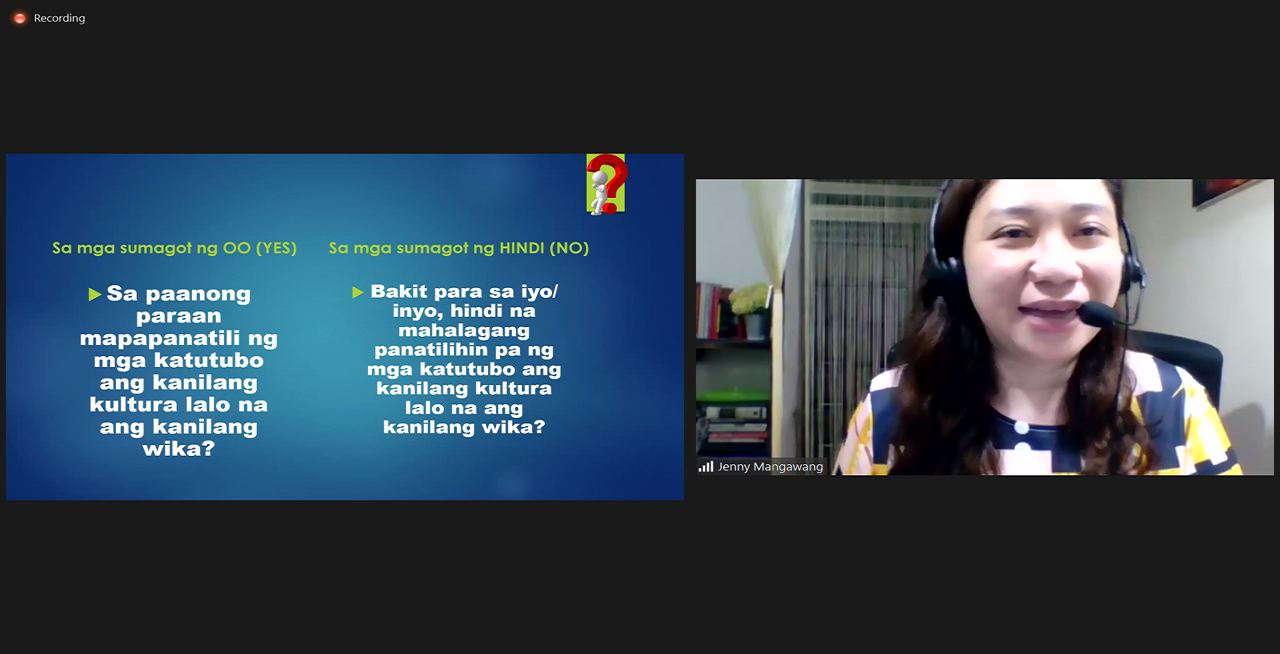
“If all I have learned and experienced will be my valuable resources to make an entry point in indigenizing curriculum and promoting culture as well to non-IP teachers and students, I will pursue my plan to participate in the community in any possible way to expand my knowledge about their culture and integrate them in my lessons especially in Ethnolinguistic topics.”
Jenny C. Mangawang
City of Balanga National High School, Bataan
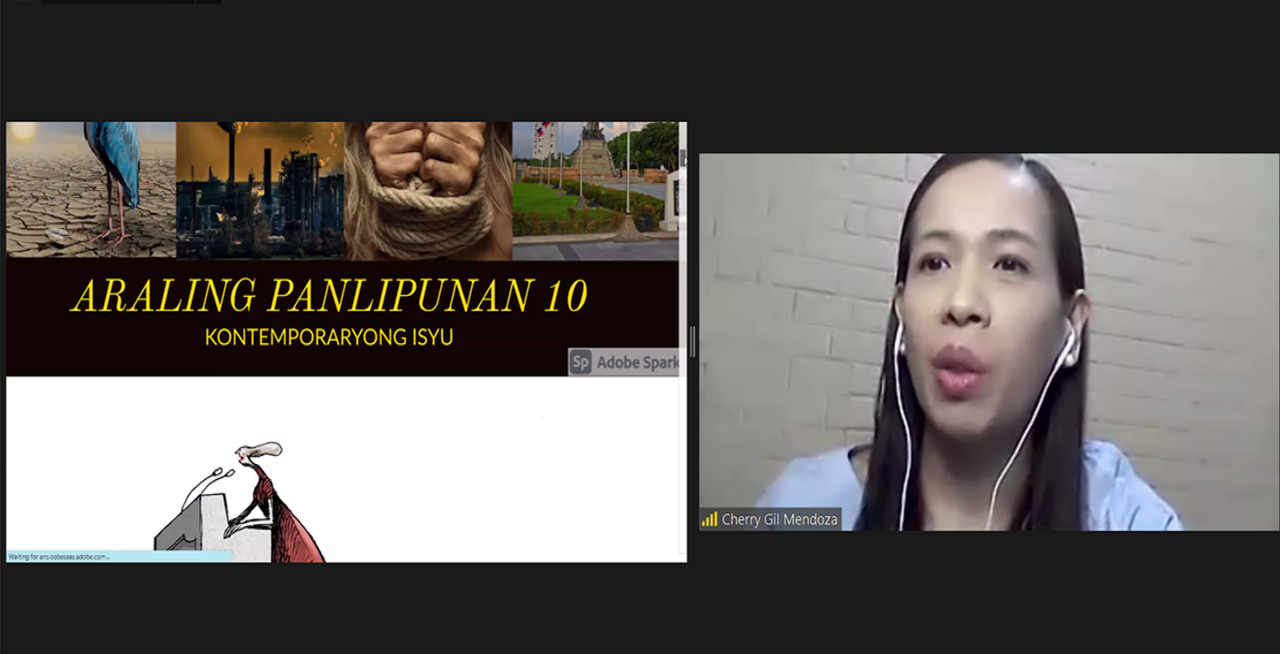
“I was introduced to a lot of technology tools – guided me in exploring their components and taught me how to utilize and integrate them in teaching and learning based on different models and designs. The lectures and activities were all fascinating and engaging. If I will translate into practice everything I got from this program, teaching and learning controversial issues will foster greater involvement and engagement among my students and other stakeholders.”
Cherry Gil J. Mendoza Parañaque National High School Main
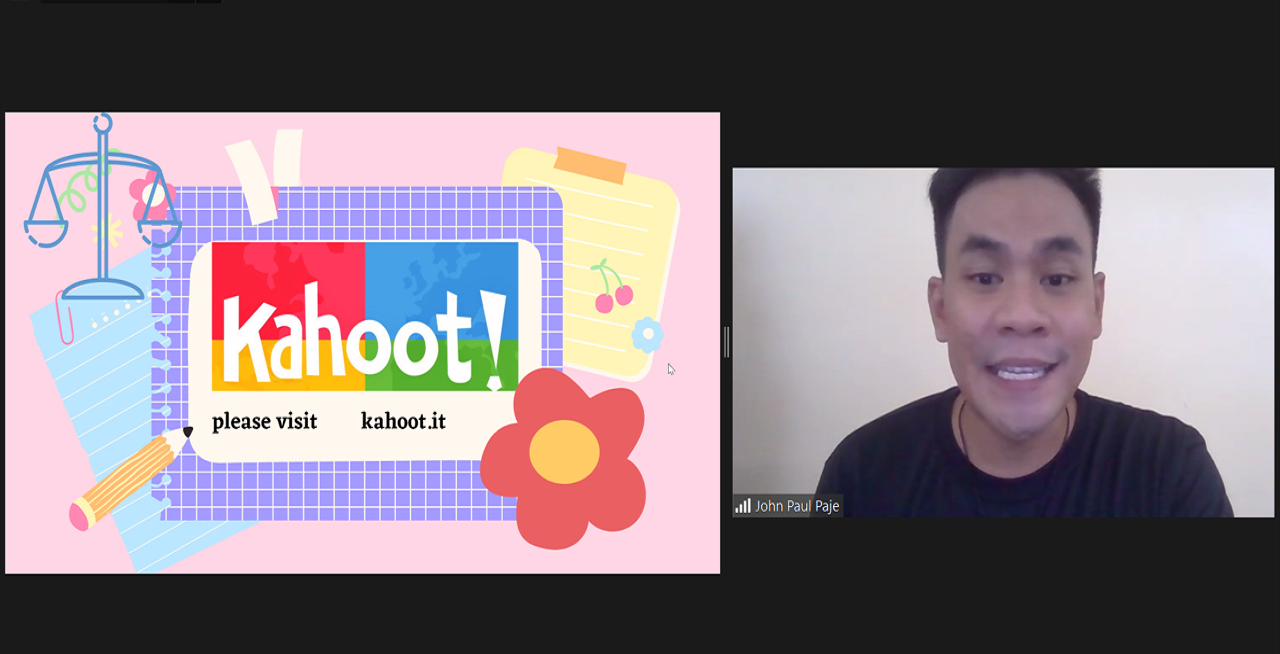
“I would like to continue what we have started in this program. I will further capacitate myself with contemporary teaching strategies appropriate for every set of learners that I am going to have.”
John Paul C. Paje
Naugsol Integrated School, Zambales
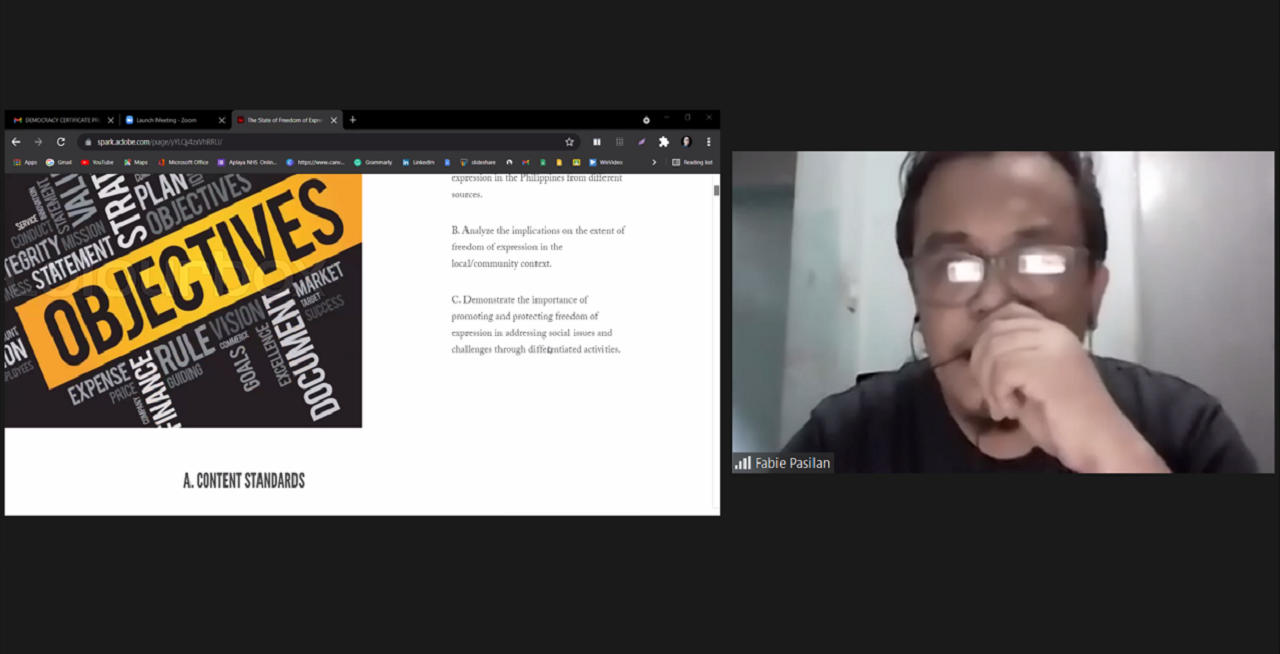
“I intend to adopt or modify the program for which I can employ in the context of our school and the community. I will elevate the implementation to a division-wide scale, where teaching CPI will be utilized by all our schools in the division. It entails a rough road ahead, but I am hopeful that this program will eventually bear its fruit in the future, and I would love to be a part of it.”
Fabie M. Pasilan
Aplaya National High School, Laguna
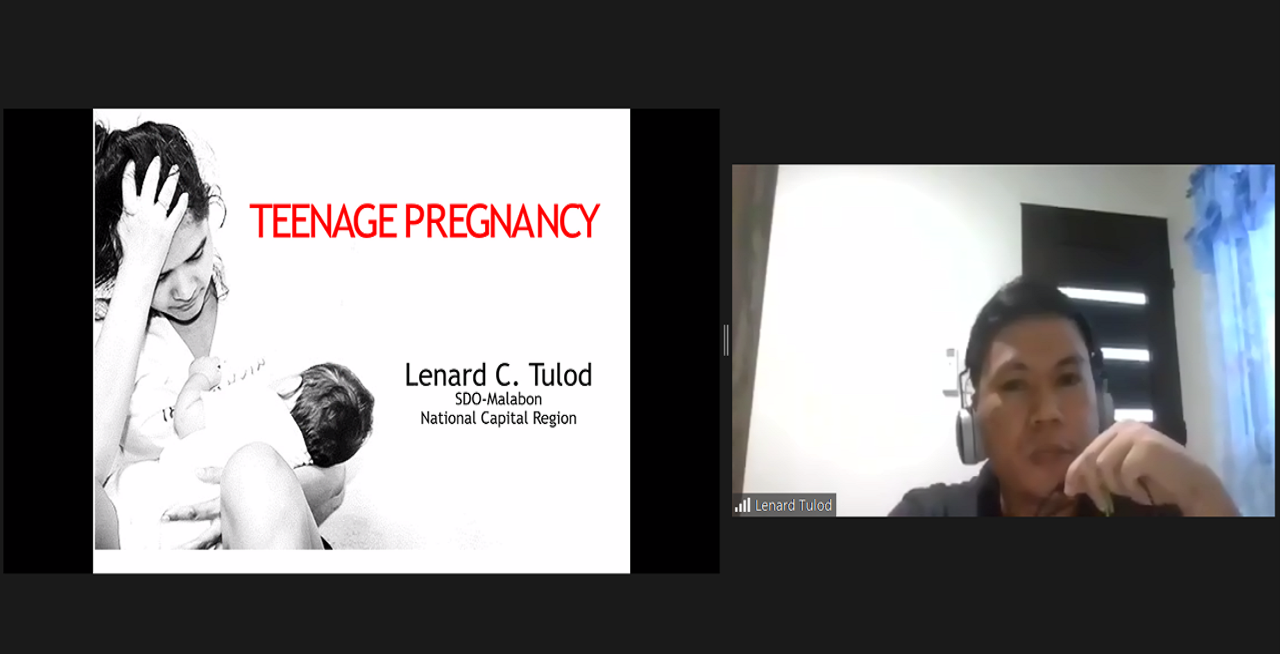
“The models, concepts, theories and methodologies, and principles that our mentors and coaches shared to us will serve as my strengths to enlighten and educate my students about the importance of teaching controversial issues in the society in these critical times.”
Lenard C. Tulod
Ninoy Aquino Senior High School, Malabon
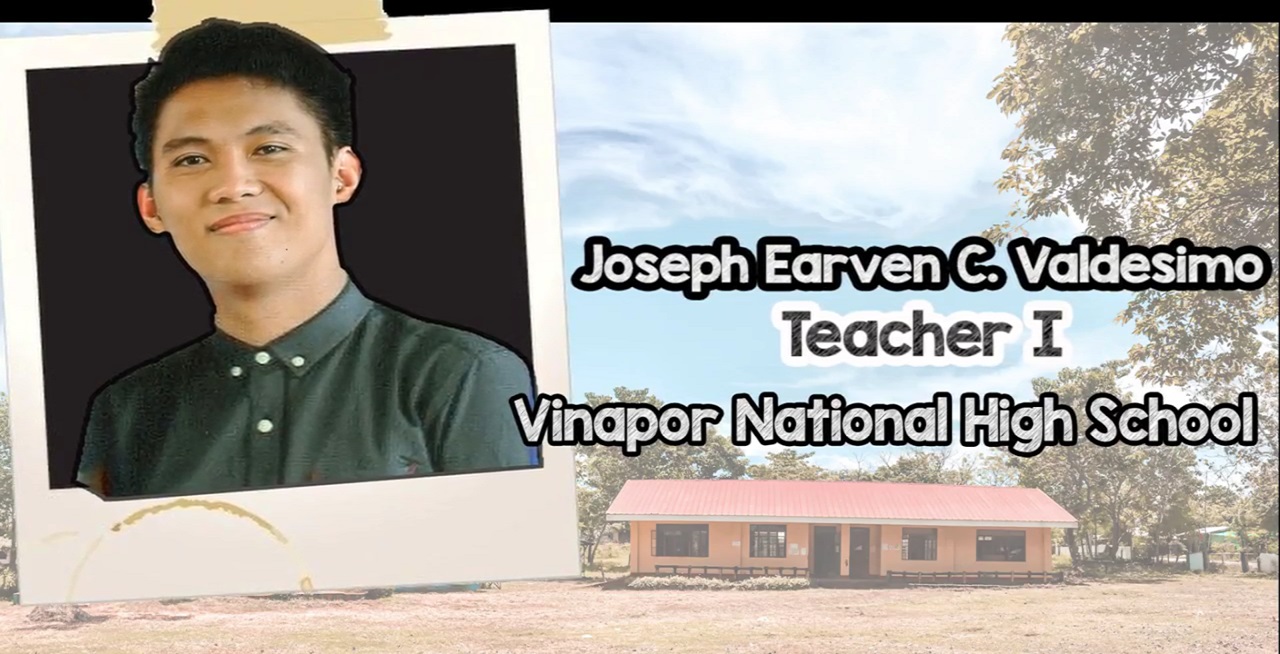
“As a democratic teacher, I learned that we, educators, are a torch that brought light to the path of our students which they chose to take.”
Joseph Earven C. Valdesimo
Vinapor National High School, Agusan del Norte
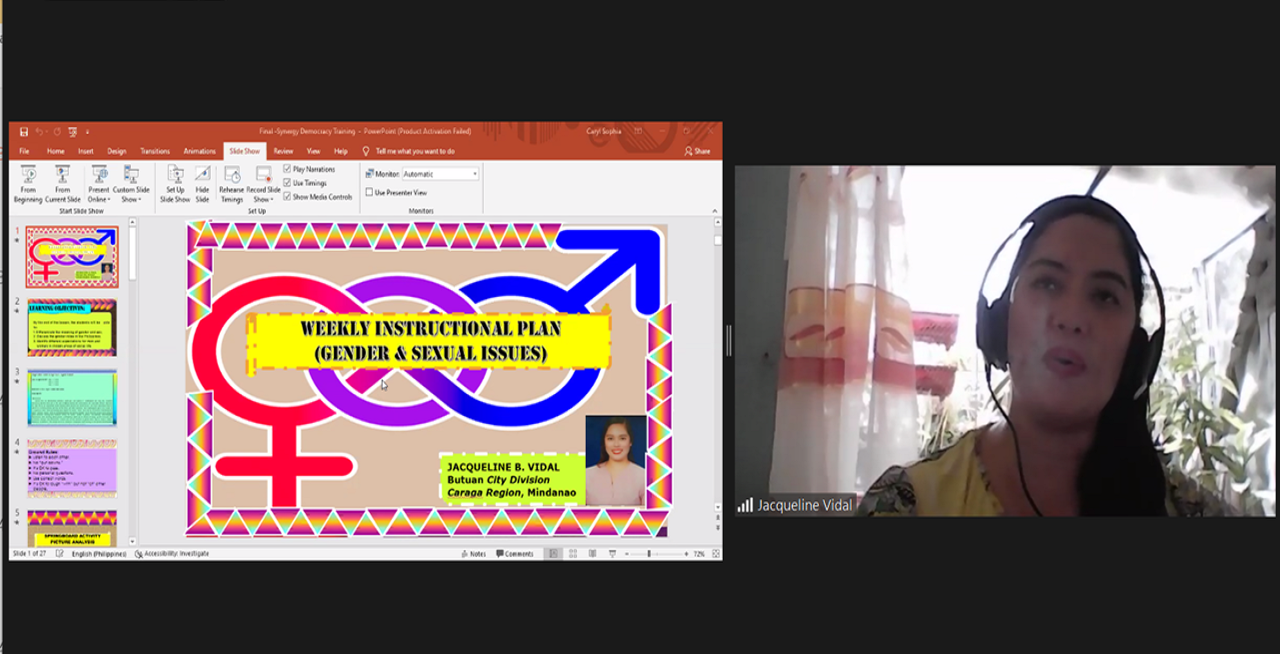
“The democracy training has molded me to become a better social studies teacher. I have a critical reflection on the development of intercultural understanding and global
citizenship with particular attention to opportunities for community-driven development and the expansion of rights.”
Jacqueline B. Vidal
Agusan National High School, Butuan City
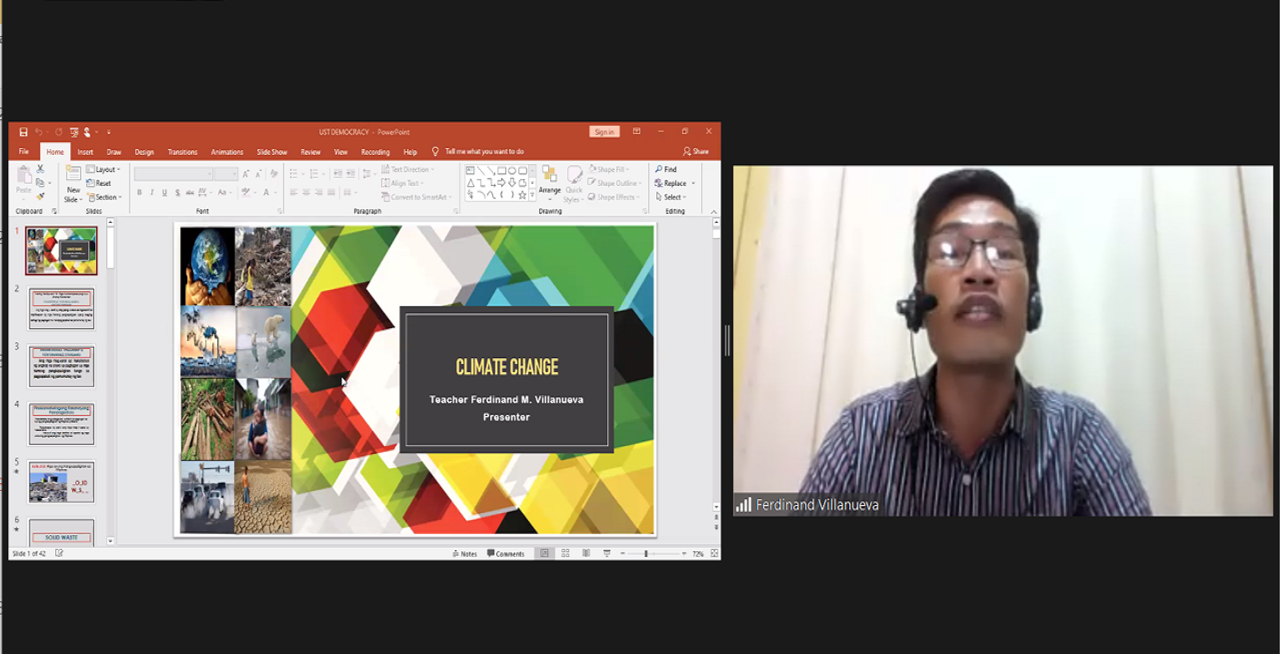
“I learned to be more creative in planning my lessons by integrating technology and by providing engaging and interesting activities that stimulates student participation.”
Ferdinand M. Villanueva
Capas National High School, Tarlac
ONLINE COLLOQUIES
ABOUT THE COLLOQUIES
While the crisis of democracy and participation is as old as the institution itself (Laski, 1933), its status, processes, and consequence cannot be underestimated. Since 2006, the Economist Intelligence Unit (EIU), thru its World Democracy Index, provides a snapshot of the state of democracy worldwide for 165 independent states and two territories. The report classifies countries into four categories, namely: full democracy (8.0-10.0), flawed democracy (6.0-8.0), hybrid regime (4.0-6.0) and authoritarian regime (0-4.0) based on the following categories: electoral process and pluralism, functioning of government, political participation, political culture, and civil liberties. In its 2018 report, only 19 out of 167 countries can be regarded as ‘full democracies’. Subido (2019), in his trend analysis of the democracy index of the Philippines from 2006 to 2018, characterized the country as having a flawed democracy (6.12-6.71). Of the 167 countries covered in the 2018 report, the Philippines ranked 51st (Evangelista, 2018).
Dewey (1916, 1966) strongly argued that education and democracy are organically linked, that is, democracy is a condition for education and education is a condition for democracy. The Declaration on Christian Education Gravissimum Educationis (GE, 1965), for its part, has profoundly and beautifully advanced that “true education aims at the formation of the human person in the pursuit of his ultimate end and of the good of the societies of which, as man, he is a member, and whose obligations, as an adult, he will share.”
By and large, teachers have a critical role in creating a democratic school climate and advancing civic ideals (Maurissen et al., 2018) and in addressing the democratic deficit and failed citizenship identified by the scholars.
Framework
Gert Biestas’ notion of learning democracy advances that democratic citizenship should not be understood as an attribute of the individual, but invariably has to do with individuals-in-context and individuals-in-relationship. Additionally, the educational responsibility for citizenship learning is not and cannot be confined to schools and teachers but extends to society at large.
Teacher agency is recognized as a powerful means to make learning democracy a reality. Teachers, at whichever level of education are not mere transmitters of democratic ideals but mindful practitioners.
Purposes
(i) describe the nature, role, and processes of democracy that shape human affairs;
(ii) discuss how education serves as a vehicle in advancing democracy and its underlying processes; and
(iii) apply principles of service learning as education’s proactive contribution to strengthen democracy.
SPEAKERS
Strand 1: Understanding Democracy as a Human Enterprise
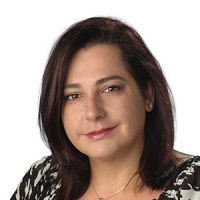
TINA NABATCHI, PhD
Professor
Maxwell School of Citizenship and Public Affairs
Syracuse University, USA
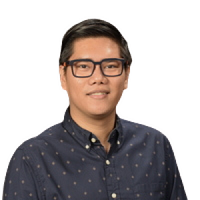
EDSON C. TANDOC, JR., PhD
Associate Professor
Wee Kim Wee School of Communication and Information
Nanyang Technological University, Singapore
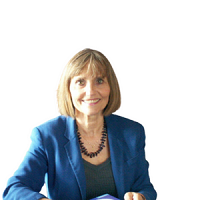
BARBARA WEJNERT, PhD
Professor
Department of Transnational Studies
University at Buffalo, USA
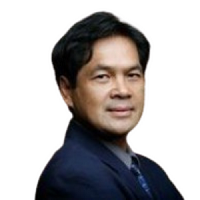
SORPONG PEOU, PhD
Professor
Department of Politics and Public Administration
Ryerson University, Canada
Strand 2: Embracing Democracy as Educational Commitment
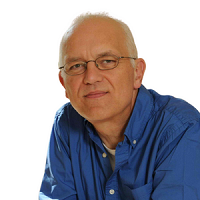
GERT BIESTA, PhD
Professor
Moray House School of Education and Sport
University of Edinburgh, Scotland
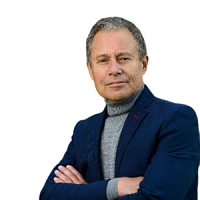
DAVID ZYNGIER, PhD
Associate Professor
School of Education
Southern Cross University, Australia
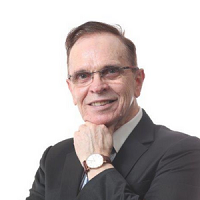
KERRY JOHN KENNEDY, PhD
Professor
Centre for Governance and Citizenship
The Education University of Hong Kong

THERESA ALVIAR-MARTIN, PhD
Associate Professor
Bagwell College of Education
Kennesaw State University, USA
Strand 3: Doing Service Learning as a way to democratize Philippine Society
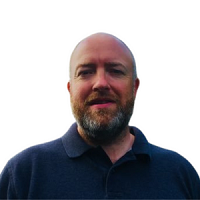
ANDREW PETERSON, PhD
Professor
School of Education
University of Birmingham
United Kingdom
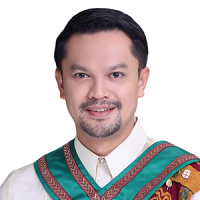
MARK ANTHONY ABENIR, DSD
Associate Professor
School of Social Sciences
Ateneo de Manila University, Philippines
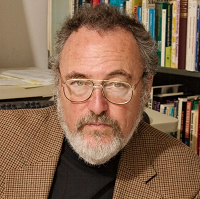
MICHAEL W. APPLE, PhD
Professor
Department of Curriculum and Instruction and Educational Policy Studies
University of Wisconsin, Madison, USA
REACTORS
Prof. Felice I. Yeban, PhD
Philippine Normal University, Philippines
Assoc. Prof. Kristoffer B. Berse, PhD
Director for Research and Creative Work, UP-Resilience Institute
University of the Philippines, Philippines
Ms. Ronilda R. Co Director, Disaster Risk Reduction and Management Service (DRRMS) Department of Education, Philippines
Ms. Ethel Agnes Pascua-Valenzuela, PhD Director, Southeast Asian Ministers of Education Organization Secretariat (SEAMEO Secretariat)
Mr. Rowel Padernal Education Specialist Bureau of Curriculum Development Department of Education, Philippines
Mr. Diosdado M. San Antonio, PhD
Undersecretary for Curriculum and Instruction
Department of Education, Philippines
Prof. Gina O. Gonong, PhD, HonDLitt
Director, Research Center for Teacher Quality
Philippine Normal University, Philippines
Asst. Prof. Leland Joseph R. dela Cruz, PhD
Associate Dean for Student Formation
Ateneo de Manila University, Philippines
Assoc. Prof. Dominique Maquiran, PhD University of the Philippines – Visayas 2013 Metrobank Foundation Outstanding Teacher – Secondary Level
Prof. Carmela C. Oracion, PhD
Executive Director, Ateneo Center for Educational Development
Ateneo de Manila University, Philippines
Assoc. Prof. Vicente Chua Reyes, Jr., PhD
Centre for Research in Educational Leadership and Management, Faculty of Social Sciences
University of Nottingham, United Kingdom
Mr. John Arnold S. Siena
Director
National Educators Academy of the Philippines
Mr. Runvi V. Manguera, PhD
Executive Director
Teacher Education Council Secretariat
Philippines
ABSTRACTS AND RECORDINGS
“UNDERSTANDING 21st CENTURY DEMOCRACY”
Msgr. Guy-Réal Thivierge
Fondazione Gravissimum Educationis
August 15, 2020
“TEACHING CITIZENSHIP SKILLS FOR DEMOCRACY”
Tina Nabatchi, PhD
Syracuse University, New York, USA
August 15, 2020
This interactive talk focuses on several citizenship skills for democracy, including understanding perceptions and values, engaging in advocacy and inquiry, identifying positions and interests, and more. Beyond explaining the skills and their importance, the talk is designed to model how these skills can be taught in interactive and engaging classroom exercises.
“#democracy: SOCIAL MEDIA AND THE PUBLIC SPHERE”
Edson Tandoc, Jr., PhD
Nanyang Technological University, Singapore
August 15, 2020
Social media were initially considered as potentially democratizing platforms, giving space to almost anyone with access to participate in public discourse. Unlike traditional media, whose gates are often closed to the public, social media platforms supposedly had fewer barriers. Optimism soon faded, as social
media platforms also became spaces for shaming, incivility, hate speech, echo chambers, and fake news. What have social media done to democracy and what can we do?
“DEMOCRACY IN TIME OF DISASTERS”
Barbara Wejnert, PhD
University at Buffalo, New York
August 22, 2020
The lecture focuses on two key points. First, it describes the principles and goals of democracy concerning the protection of its citizens’ well-being and compares them with the goals/characteristics of autocratic regimes. Second, it analyzes various forms of disasters and responses to them by democratic versus non-democratic governments. These include major political and economic crises (disasters) and environmental man-made and natural disasters. The lecture uses examples of disaster situations from across the world to explain the difference in democratic versus non-democratic responses to humanitarian crises induced by disasters.
“DEMOCRACY AND HUMAN RIGHTS”
Sorpong Peou, PhD
Ryerson University, Canada
September 12, 2020
This presentation is about democracy and human rights with emphasis on developments in Southeast Asia. It makes the case that democracy and human rights are two distinct concepts but reinforce each other. Although democracy is about elections, no democracy is possible without any respect for human rights and their protection. Liberal democracy is about free and fair elections, a stable system of checks and balances, and human rights defined in terms of freedoms, especially political rights and civil liberties. This presentation also makes the case that democracy and human rights in Southeast Asia have come under threat in the last two decades not simply or only because countries in the region lack a liberal cultural tradition but also because of the rise of China and the relative decline of the United States, especially after President Donald Trump came to power in 2017 with a nationalist agenda.
“EDUCATORS FOR DEMOCRACY: DIFFERENT ‘KINDS’ OF CITIZENSHIP”
David Zyngier, PhD
Southern Cross University, Australia
October 10, 2020
This presentation will outline five different kinds of citizens. Instead of education reproducing the current thin democracy that leads to disengaged citizens, examples of excellent teacher practice enable the development of an educational framework of teaching for thick democracy leading to a more participatory, empowered and engaged citizenry and a more inclusive participation in, and therefore safeguarding of democratic society.
“EDUCATION, DEMOCRACY AND CITIZENSHIP: FROM AGENDA TO PRINCIPLE”
Gert Biesta, PhD
Centre for Public Education and Pedagogy, Maynooth University, Ireland
Moray House School of Education and Sport,
University of Edinburgh, United Kingdom
October 10, 2020
There is an ongoing expectation in many countries that schools should make a major contribution to the education of democratic citizens. While schools can make such a contribution – also because of the correct assumption that “democrats are made, not born” (Walter Parker) – there are important questions about what democratic citizenship actually entails and in what way schools can play a role here. In this presentation I would like to explore these questions, arguing that it is important to be precise about what democracy is, and also arguing that it is important to have an accurate sense of what education can do and what its limits are. I will suggest that rather than thinking of democratic citizenship as an ‘agenda’ for the school, it would be better to think of it as a principle that should permeate all aspects of education.
“INSTITUTIONS AND DEMOCRATIC DEVELOPMENT:
TEACHING FOR UNDERSTANDING AND VALUES
”
Kerry John Kennedy, PhD
The Education University of Hong Kong
October 24, 2020
Democracy can be about elections, legislatures, court cases, protests, social media, resistance, participation, how citizens relate to one another, etc. In preparing young people to be citizens, however, there needs to be agreement about what is essential in teaching about a society’s democracy. This presentation will focus on democracy’s core features and how to engage students in learning about them.
“DEMOCRACY AND THE SCHOOL CURRICULUM”
Theresa Alviar-Martin, PhD
Kennesaw State University, USA
November 14, 2020
In democratic societies, schools are “communities of practice” that cultivate youths’ capacities to act on issues of public concern. Yet, studies illustrate increasing disconnections between schools and students’ lived realities, and perceptions among citizens of their inability to have a voice in policy decision-making. This presentation reviews theories of democracy and the curriculum. Highlighting efforts to democratize curricular spaces in Asian schools, I propose a framework to reimagine curriculum through democratic perspectives.
“THE USE OF AN INTEGRATED SERVICE-LEARNING SOCIOLOGICAL FRAMEWORK
TOWARDS BUILDING A DEMOCRATIC SOCIETY”
Mark Anthony D. Abenir, DSD
Ateneo de Manila University, Philippines
January 9, 2021
This presentation shows the integrated S-L sociological framework based on three broad sociological theories. Four S-L modalities are extrapolated from the framework with their corresponding four levels of community participation. The framework is then applied in the context of community impact of S-L practices in higher educational institutions. This presentation puts emphasis on the use of S-L to educate students about social justice-oriented citizenship that is geared towards building a democratic society.
“DOING SERVICE LEARNING AS A WAY TO DEMOCRATIC SOCIETY”
Andrew Peterson, PhD
University of Birmingham, United Kingdom
January 23, 2021
Despite its now widespread use in schools and universities, serious and important issues remain about the educational benefits and outcomes of service-learning. In this presentation I will identify several general concerns about service-learning that bring into question its potential for democratic education, and indeed for democratic society more widely. Having done so, I will offer a more hopeful and positive account of service-learning rooted in civic and moral character. In setting out this account I will draw on theoretical ideas, empirical research and professional practise in schools to identify the relational principles and pedagogies that can support the formation and sustenance of democratic life.
“CAN EDUCATION CHANGE SOCIETY?”
Michael Apple, PhD
University of Wisconsin, United States of America
January 23, 2021
Educational policies and practices are at the center of a number of political controversies. This is especially the case for those educators who are deeply committed to challenging inequalities. Yet there are important examples of real schools and real communities that are engaged in building and defending critically democratic education. At times these programs have contradictory results. But they continue to demonstrate that education can be an important site for progressive social reforms.
